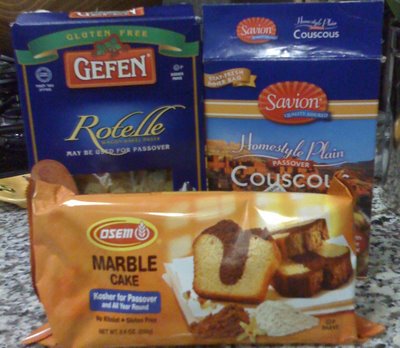Unstructured Summer
Let me call it as it was: I had to fight to get my time for myself.
I guess it's the way it is for many kids, the way it was years ago and remains today. Summers could be frustrating. It wasn't a matter of laziness, so much as a kind of frustration over someone else setting the agenda for my time. Whatever it was I was required to do, what I can say assuredly is that all I wanted to do was hang out somewhere quiet, listen to music, and read. Once a bookworm...
In this context, summers in Royalston always had a special feel—and not without its frustrations either. The rambling old farmhouse, and the seemingly endless surrounding woods and fields; the black flies (particularly in May) and the mosquitos; the periodic hammocks and tire swings; the cool inner parlor, with its uncomfortable couch; the warmer, outer parlor, with a similar couch; the childhood bathroom, with an Americana-themed wallpaper, and the childhood bedroom, still mine, with (oddly) a flower print wallpaper but a slate-blue trim on the doors, windows, and molding; and the kitchen, the big, farmhouse kitchen, the center of all activity as it is in most homes, but here (situated at the front of the "little house," for anyone familiar with the classic New England "big house, little house" construction) even more central, providing access to the main house, and with doors out to the east and west sides lawns; all of this reminds me of how much I treasured my unstructured summers, and how much I yearned for them when I couldn't have them. How much I yearn for them still.
Underneath that Faulknerian paragraph-sentence is something simple: the idea of freedom to explore: one's self, one's surroundings, and one's relationship to the world. And as much as we do this in relation to other things, we also need the freedom to do it in relation to nothing so much as our own thoughts. This is what summers are meant for, just the way that Tom Sawyer and Huck Finn found the good weather a supportive partner in their explorations of the world. One can navel-gaze any time of the year, but the warmth of summer is especially good for this. Having spent the weekend in Royalston, in this comfortable, Crossing To Safety-esque sometimes home of my childhood, I’m reminded of the whole dynamic once again.
And I’m reminded of what I want for my daughter—the same opportunity to experience the pleasurable freedoms of summer, to create a set of childhood memories that connect to a place and a time and a sense that the whole world, contained within a backyard, awaits exploration or quiet contemplation.
I guess it's the way it is for many kids, the way it was years ago and remains today. Summers could be frustrating. It wasn't a matter of laziness, so much as a kind of frustration over someone else setting the agenda for my time. Whatever it was I was required to do, what I can say assuredly is that all I wanted to do was hang out somewhere quiet, listen to music, and read. Once a bookworm...
In this context, summers in Royalston always had a special feel—and not without its frustrations either. The rambling old farmhouse, and the seemingly endless surrounding woods and fields; the black flies (particularly in May) and the mosquitos; the periodic hammocks and tire swings; the cool inner parlor, with its uncomfortable couch; the warmer, outer parlor, with a similar couch; the childhood bathroom, with an Americana-themed wallpaper, and the childhood bedroom, still mine, with (oddly) a flower print wallpaper but a slate-blue trim on the doors, windows, and molding; and the kitchen, the big, farmhouse kitchen, the center of all activity as it is in most homes, but here (situated at the front of the "little house," for anyone familiar with the classic New England "big house, little house" construction) even more central, providing access to the main house, and with doors out to the east and west sides lawns; all of this reminds me of how much I treasured my unstructured summers, and how much I yearned for them when I couldn't have them. How much I yearn for them still.
Underneath that Faulknerian paragraph-sentence is something simple: the idea of freedom to explore: one's self, one's surroundings, and one's relationship to the world. And as much as we do this in relation to other things, we also need the freedom to do it in relation to nothing so much as our own thoughts. This is what summers are meant for, just the way that Tom Sawyer and Huck Finn found the good weather a supportive partner in their explorations of the world. One can navel-gaze any time of the year, but the warmth of summer is especially good for this. Having spent the weekend in Royalston, in this comfortable, Crossing To Safety-esque sometimes home of my childhood, I’m reminded of the whole dynamic once again.
And I’m reminded of what I want for my daughter—the same opportunity to experience the pleasurable freedoms of summer, to create a set of childhood memories that connect to a place and a time and a sense that the whole world, contained within a backyard, awaits exploration or quiet contemplation.
Labels: holidays, Miscellany



 Use OpenOffice.Org
Use OpenOffice.Org